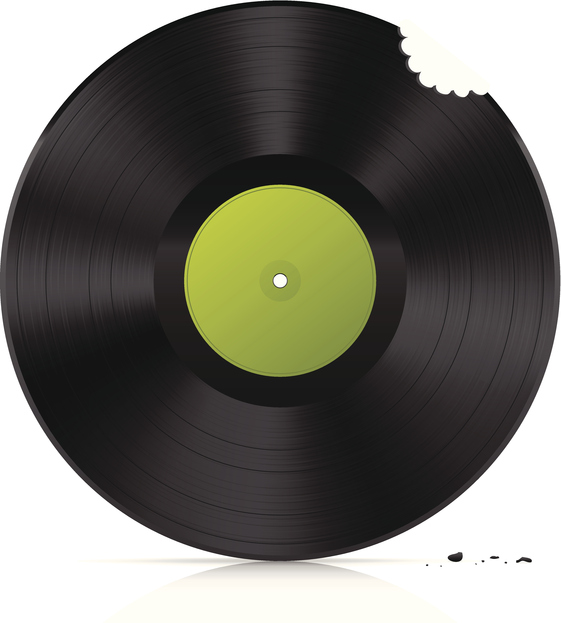There has been a ton of news in the pharmaceutical world this week so I thought I would diverge from my usual posts to provide some brief sound bites of things that caught my interest and will hopefully catch yours.
First off, remember the New England Compounding Center (NECC) and the meningitis outbreak of 2012? Well one of the pharmacists charged with a number of crimes including fraud, racketeering and second-degree murder was found not guilty of the murder charges but was convicted on the other charges. This is an interesting case, as while the actions resulting from the plaintiff’s oversite and the failure of NECC in general lead to the deaths of more than 60 people, the jury could not fine that his intent was to cause anyone’s death. The same occurred with the former co-owner and Chief Pharmacist in March 2017 when he was found guilty of fraud and racketeering but was acquitted on the murder charges. There continues to be problems at many compounding pharmacies relative to the assurance of sterility of some products and FDA continues to issue 483’s and warning letters but it remains to be seen if a more relaxed compliance posture will be adopted for compounders under the new administration? I don’t think it is likely but we will see.
Topic number two relates to the arrest of the founder of Insys Pharmaceuticals on charges that the firm bribed doctors to prescribe its nasal fentanyl spray for off labeled uses. (see story here ) This comes on the heels of the President declaring the opioid epidemic a Public Health Emergency, as well as numerous recent actions on the part of the FDA in an effort to stem the tide of the tsunami of addiction deaths associated with opioid abuse and misuse in this country.
Prescription drug cost issues seem to be in the news every day. The latest focus seems to be directed to pharmacy benefits managers (PBMs), but the issue of pricing stretches across the entire drug manufacture and distribution system. Generic drugs get blamed for a lot of price increases but it’s not always their fault. Someone one once told me that “if you lose a nickel on each unit, you cannot make it up on volume”. While about 90% of the prescriptions dispensed are generic they only account for 26% of the total drug costs. Margins on generic products are being squeezed from every side (wholesaler, insurance companies PBMs, the government, etc.). With the huge recent increase in generic drug user fees, what will this do to those prices? They have nowhere to go but up to ensure the survival of many small and midsize companies. Who will pay for those prices increases? Of course the American public, either directly or through premium increases, taxes, increased co-pays, and the state and Federal government through the Medicaid and Medicare programs and other government purchasing programs.
While there are plenty more sound bites to report, I won’t ruin your weekend with any more “bad” news. Have a great one!



